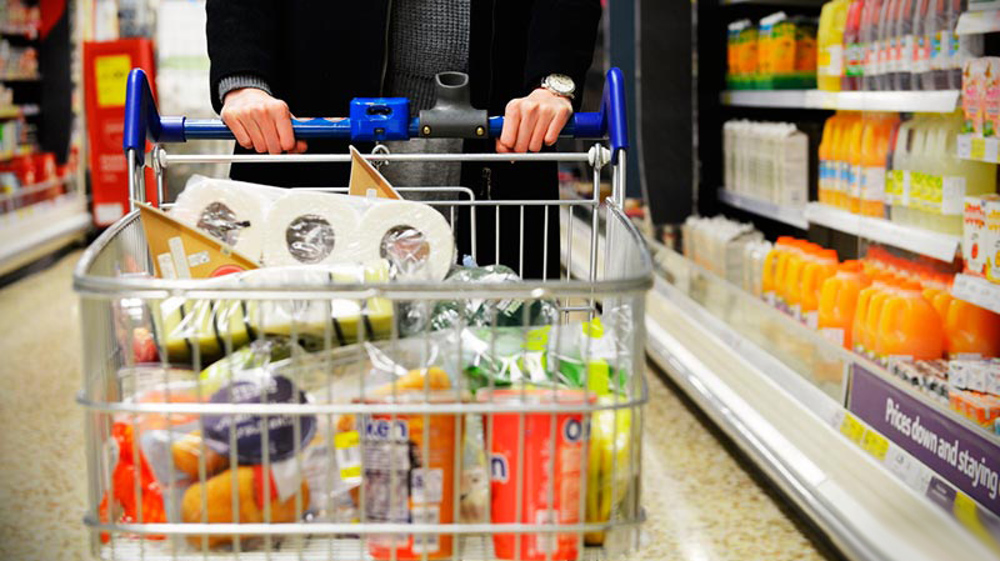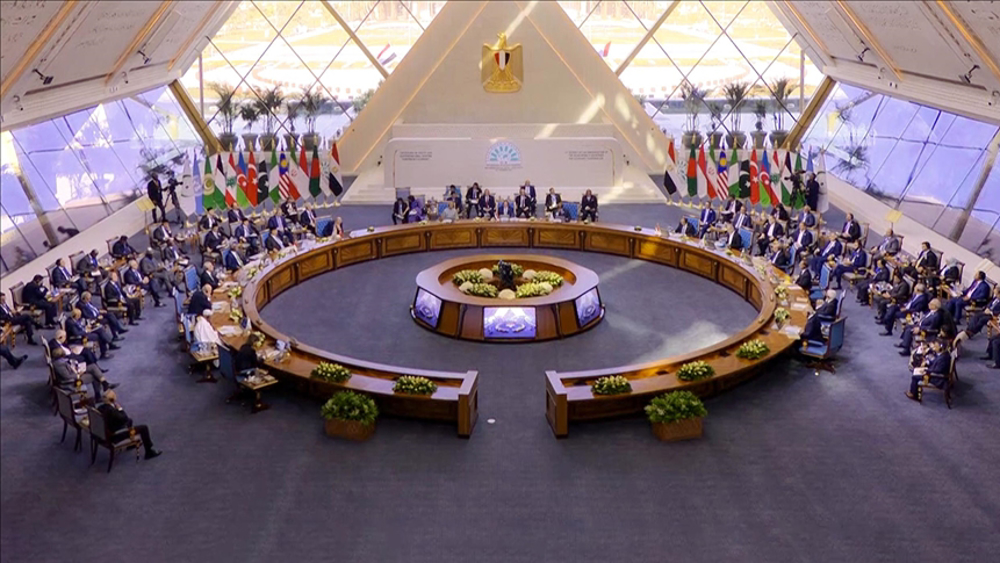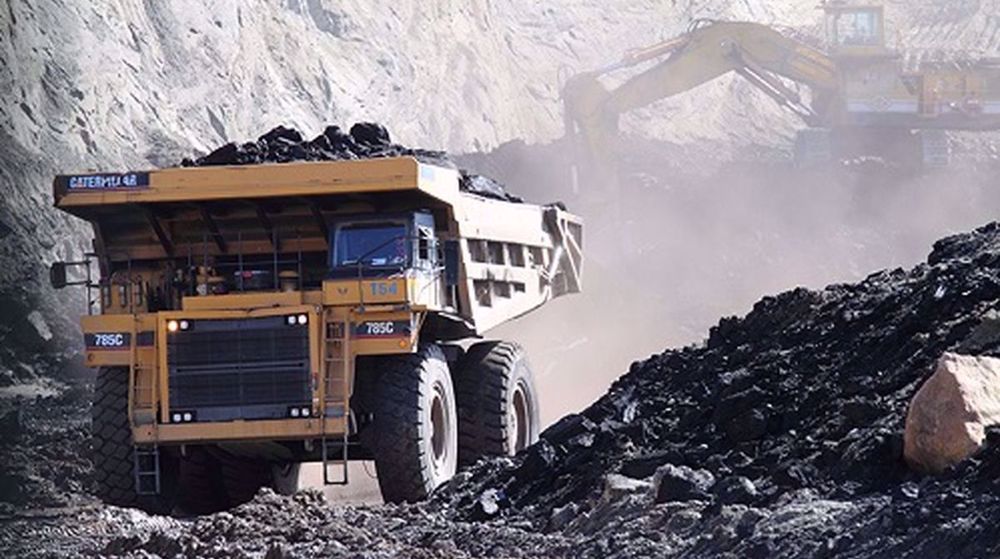Iran expanding saffron cultivation area by 5,000 hectares a year: Official
A senior official at Iran’s agriculture ministry says the country is increasing its cultivation area for saffron by 5,000 hectares a year as global demand for the Iranian red gold keeps surging.
Ali Tahmasebi, a deputy to Iran’s minister of agriculture, told the state TV on Saturday that planting saffron was no longer restricted to the three Khorasan provinces located in eastern Iran, adding that cultivation area for saffron had exceeded 115,000 hectares, nearly 20 times more than the land dedicated to the crop in the entire world.
Images published in the Iranian media over the past days showed farmers picking saffron flowers in various parts of the country, including in Chaharmahal, a cold and mountainous region in central Iran, as well as in Khuzestan, a southern province known for its hot and humid climate.
That comes against the backdrop of reports suggesting Iran is not properly benefitting from a lucrative international business of saffron mainly because of bulk production methods and increased smuggling to neighboring countries.
Officials say two thirds of Iran’s annual production of saffron, around 300 tons, go to the bulk sale, while others suggest around 20 tons are being smuggled outside the country and mainly to the neighboring Afghanistan.
Sources within the industry say smuggling to Afghanistan has increased mainly because traditional customers of the Iranian saffron, like Spanish companies, seek to avoid direct imports due to the American sanctions imposed on the country.

Iran exported a total of 280 tons of saffron in the year ending in March 2019, generating 351 million in income, according to the data provided by the ministry of agriculture.
Experts believe Iran could have a much higher share of the international trade of saffron if more work is dome on branding and marketing of the product inside the country.
'Next to impossible' to rescue patients from Gaza's Kamal Adwan Hospital: Director
VIDEO | Vietnam current prosperity
Report blames gasoil exports for shortage at Iranian power plants
VIDEO | Hind Rajab Foundation names Israeli war criminals vacationing after Gaza genocide
VIDEO | Australians rally for Gaza ahead of Christmas festivities
VIDEO | Attacks on Sana'a
Iran reports further drop in annual inflation rate in December
Israel indicts two settlers over suspected spying for Hezbollah











 This makes it easy to access the Press TV website
This makes it easy to access the Press TV website